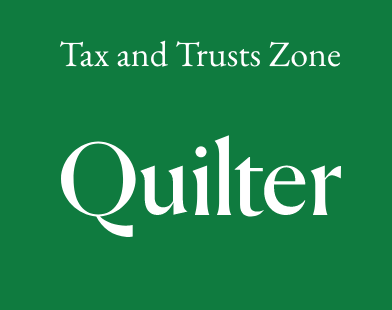The continuing influx of new ‘green’ products into the financial services market carries the risk of a mis-selling scandal, Capco has warned.
As demand for ESG continues to rise, a new paper from management consultancy group Capco found that 63% of 550 global financial service professionals consider their products to be green-friendly, while 64% said their upcoming products were designed to be socially and environmentally friendly.
Noting previous ESG-related mis-selling issues including Volkswagen ‘Dieselgate’ and UK Green Deal scandals, Capco said the clamour among companies to seize upon new, green opportunities carries the potential to misrepresent the true underlying nature of these products.
As regulators edge closer towards legislation to make existing initiatives and frameworks binding, Capco says it is vital firms recognise the potential pitfalls and the harm arising from mis-selling at both company and sector levels.
According to Capco, firms should embed climate risks and opportunities at the highest level, with dedicated risk management function, board and executive level representation. They should take a holistic view, with potential conduct risks arising from climate change factored into both their strategy and risk management frameworks.
In addition, Capco also recommends firms apply risk assessments around green products and consider their full lifecycle, including interaction with third parties, and gather robust and scientific data to validate the claims around their products.
Finally, firms should keep pace with disclosure developments, constantly revisiting and reviewing their own frameworks.
Capco said: “The complex subject of conduct in combination with climate change presents an anxiety-inducing and risk-strewn proposition. When navigating this potential minefield, caution and process must become the focus at all levels of the firm when delivering robust and defendable frameworks to manage ESG products and services. Without this approach, it will be all too easy for firms to over-eff their ‘green pudding’.
“The danger of mis-selling green products and misrepresenting the positive ESG or climate credentials of a product may deliver short-term gains but could also lead to significant value destruction in the longer run.
“If the lessons of previous mis-selling mishaps are learned, then this could be the defining opportunity for the next generation of financial services’ customers, firms, employees and executives. If not, it has the potential to damage not only individual firms’ balance sheets and reputations but also broader efforts to make sustainable finance a reality – and ultimately the very future of our planet.”






























